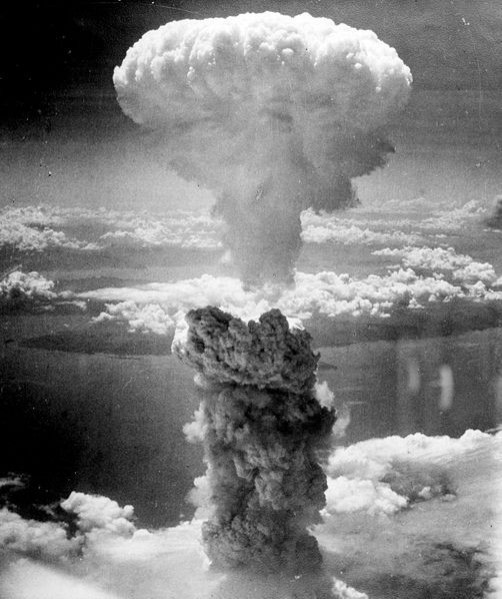A New Yorker's Opinion: The New Cold War

Of course, when a leader is pressed by domestic trouble, his thoughts turn immediately, as they do for all leaders, to distracting the population with a foreign enemy. And today, that would be us.
In a four-plus hour television show, the Russian prime minister began his campaign by getting tough on the U.S. We killed the late Libyan strongman Muammar Gaddafi by using drones to cripple his column when he was fleeing his eventual captors, whose shots he died from, according to the Russian strongman, who added that U.S. Special Forces used radios to bring in the opposition fighters.
Our Pentagon immediately dismissed the claim.
And as for John McCain, who tweeted Dear Vlad, The Arab Spring is coming to a neighborhood near you, according to The Telegraph and other reports, Mr. McCain was captured and they kept him not just in a prison, but in a pit for several years, he said. Anyone would go nuts.
While I am a card-carrying member of whatever group it is that wants Putin gone, I can't help but hear the echoes of saber rattling here at home in his time-honored tactic of deflecting the attention of an unhappy citizenry from domestic woes to foreign foes. It strikes an especially poignant note, as today we honor the sacrifice of a decade of combat in Iraq draws finally to an end for brave U.S. servicemen and women, as International Business Times has reported.
Yet there are those, for instance, Newt Gingrich, who would rattle our sabers, too, according to the paper. In the heat of the Republican primary, and on this sad week that marks the end of the spilling of our blood and treasure in that war-torn, still violent country, Gingrich is already finding us a new enemy, Iran, to invest even more blood and treasure in.
Leaving aside for a moment the potential Iran has to develop nuclear weapons and threaten us, either directly or indirectly, there is the sheer idiocy, and historic myopia, of weakening ourselves further with yet another unfunded-and now unfundable-war, when the enemy has perhaps a total or a single functioning weapon (which it does not appear to have at the present).
It is, frankly, irresponsible madness. Before resorting to ideological rationales for foreign policy actions, it is perhaps wiser to first ask, What is likely to happen if we do this?
The main thing that will happen is we will be more vulnerable to real Cold War threats, if we must talk once again about the cold war. It is, for the moment, waged economically. But should we deplete our military ability further, not through cut-backs, but because we have used it up and have no more money (vs. debt) to spend on it, we risk opening an opportunity for real warmer wars.
For example, should things really heat up, who is the greater nuclear threat? Surely, not Iran. Right now Putin's Russia has an estimated 12,000 warheads that are deployed, based on estimates from the Bulletin of the Atomic Scientists via armscontrolcenter.org. And according to a recent story in the Daily Mail, a Georgetown University study now estimates that China has 3,000 nuclear warheads-far more than previously thought.
In light of these two bits of uncontested information, it surely makes no sense to attack Iran or further weaken our conventional war-fighting capability to the advantage of either of these two real cold-war colleagues.
I say colleagues because, just like the U.S., leaders of both-and their corporate supporters-now find it much better to wage an economic, not a military war, for the pocketbooks, hearts and minds of the new global marketplace. Which I applaud. It is capitalistic and way better than killing each other in the fields of battle.
It may be convenient to point the finger and rattle the saber-to do a crazy Vlad--when internal economic imbalances threaten a leader's reign. But if we are suckered into electing leadership that wants to take us to yet another war, to wasting more money and manpower on foreign adventures, rather than foreign trade--and its handmaiden, forceful diplomatic persuasion--we stand to lose more than just the war for the global marketplace. Should we exhaust our military might, we could lose the ability-and the ability to pay for-the means to defend ourselves from real enemies of freedom, and not just those we imagine.
© Copyright IBTimes 2025. All rights reserved.





















